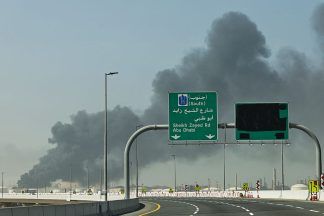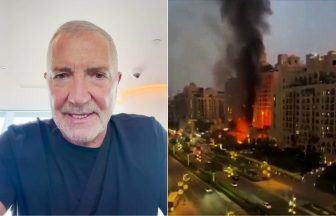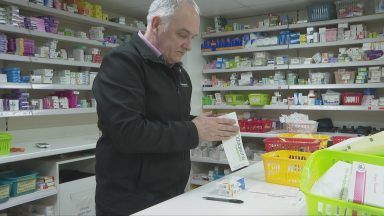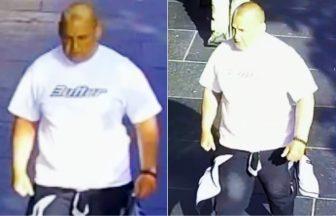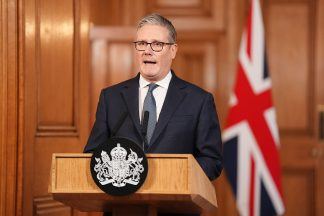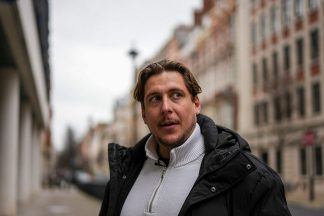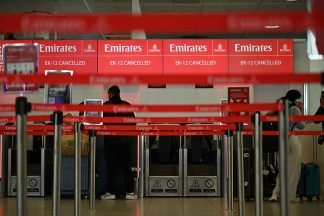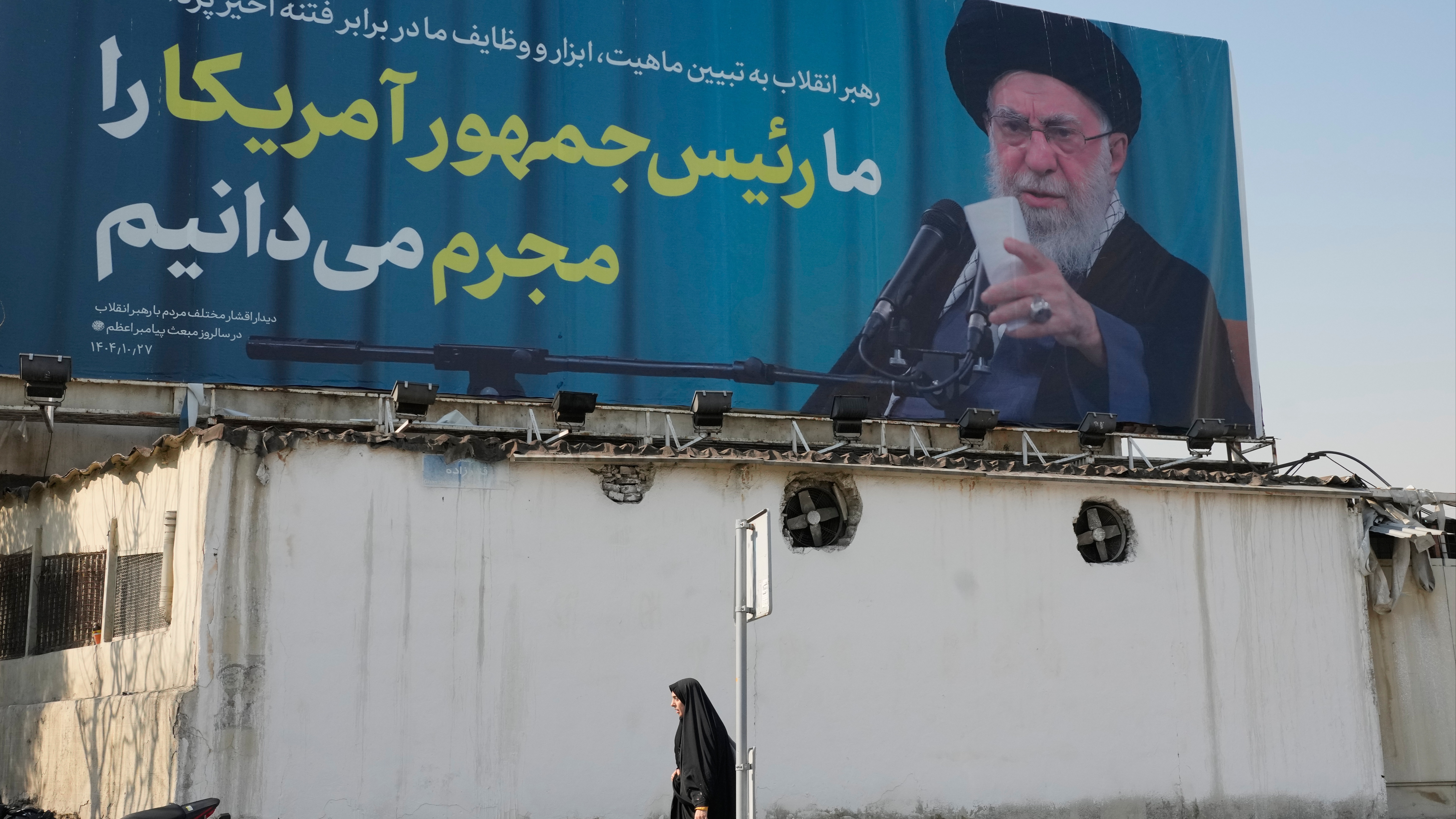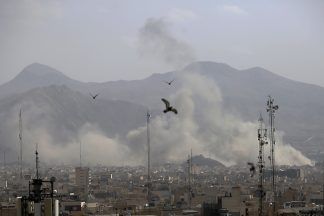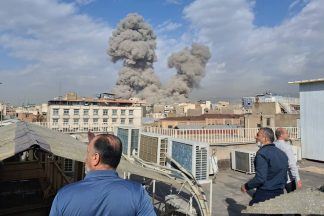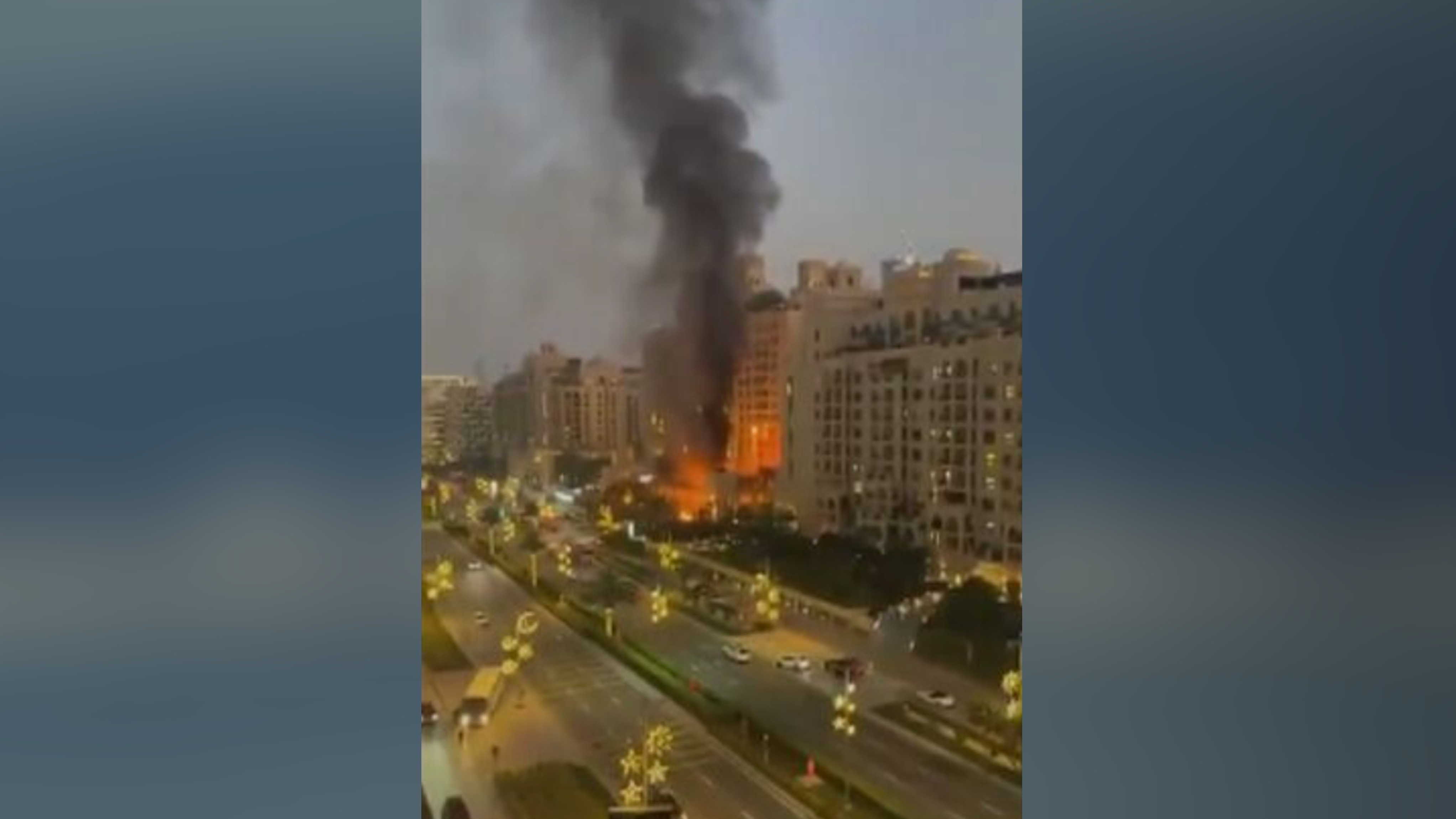Belgian police have conducted more raids at European Parliament offices as the legislature’s president pledged to launch an internal investigation into corruption allegations and the bloc’s top official called for the creation of an EU-wide independent ethics body.
Prosecutors investigating alleged influence peddling by a Gulf country at the European Parliament charged four people over the weekend with corruption, participation in a criminal group and money laundering.
Parliament vice president Eva Kaili of Greece was relieved of her duties.
The prosecutors declined to identify the country suspected of offering cash or gifts to parliament officials in exchange for political favours.
Several members of the assembly and some Belgian media linked the investigation to Qatar, which is currently hosting football’s gala event, the World Cup.
Qatar’s Ministry of Foreign Affairs has denied any wrongdoing.
Police conducted Monday’s raids at European Parliament offices in Brussels to seize computer data belonging to 10 parliamentary assistants, prosecutors said.
Officers have conducted 20 raids in total as part of an investigation launched four months ago.
“Several hundred thousand euros have been seized in three different places: 600,000 euros at the home of one of the suspects, several hundred thousand euros in a suitcase seized in a room of a Brussels hotel, and about 150,000 euros in an apartment belonging to an MEP,” prosecutors said.
Kaili, who was relieved of her duties over the weekend, was expelled on Monday from the legislature’s Socialists and Democrats group with immediate effect.
European Commission president Ursula von der Leyen, the head of the EU’s executive arm, said the accusations against Kaili threatened the confidence EU citizens have put in the 27-nation bloc’s institutions.
She said the independent ethics body she proposed establishing would cover lobbying activities at the European Commission, the European Council and European Parliament, as well as at the European Central Bank, the European Court of Justice and the European Court of Auditors.
The EU does not already have comprehensive lobbying regulations.
“The principles of having such an ethics body where there are very clear rules on what has to be checked, how and when and what has to be published, how and when would be a big step forward,” she said.
As the European Parliament began its last plenary session of the year in Strasbourg, France, European Parliament president Roberta Metsola promised “there will be no sweeping under the carpet”.
She said the parliament and European democracies were “under attack” by “malign actors, linked to autocratic third countries”.
“We will launch a reform process to see who has access to our premises, how these organisations, NGOs and people are funded, what links with third countries they have,” Metsola added.
“We will ask for more transparency on meetings with foreign actors and those linked to them. We will shake up this parliament and this town, and I need your help to do it.”
On Friday, police in Belgium’s capital carried out multiple raids as part of the investigation and reported seizing cash, computer equipment and mobile telephones.
The federal prosecutor’s office, without identifying any individual, said four of six people detained that day were subsequently charged, and two were released.
Raids also took place in Italy on Sunday.
Prosecutors have confirmed that a parliament member was arrested but declined to confirm it was Kaili, 44, a former TV news anchor.
They said they suspect “the payment of large sums of money, or the offer of significant gifts” to people holding influential positions at the European Parliament.
Metsola relieved Kaili of her duties over the weekend.
Kaili’s party in Greece also suspended her and publicly distanced itself from remarks she made in the EU parliament last month praising Qatar.
Qatar came under heavy international pressure to introduce labour reforms in recent years as it sought to build new World Cup stadiums in record time, often using migrant workers who toiled for long hours under harsh conditions.
The EU and Qatar have strengthened their economic relationships since the start of Russia’s war in Ukraine.
Moscow slashed supplies of natural gas used to heat homes, generate electricity and power industry in Europe in response to EU sanctions, worsening an energy crisis that is fuelling inflation.
The EU has looked for alternatives to buy liquefied natural gas on a long-term basis, notably in Qatar.
In April, the European Commission proposed lifting visa requirements for short EU stays by Qatari nationals.
Metsola said negotiations with the parliament on the proposal would be postponed.
“I was scheduled today to announce the opening of the negotiating mandate for the visa waiver report with Qatar and Kuwait,” she said.
“In light of the investigations, this report must be sent back to committee.”
Asked whether Belgian authorities were in touch with the European Commission as part of their investigation, Ms von der Leyen said she had no clue.
She added that the commission was reviewing its own political transparency register.
“If any kind of new information occurs, we will have to act and react to that,” she said.
Several Socialists and Democrats legislators fell on their swords after the group said that any member being investigated should be suspended, or should give up certain of their duties if any of their staff members were under investigation.
Belgian EU legislator Marc Tarabella suspended himself outright.
His compatriot, Maria Arena, stepped down as chair of the assembly’s Human Rights Committee
“Following the revelations of suspicion of corruption linked to Qatar and the European Parliament, and the search of one of my assistants in the framework of this affair, I have decided that temporarily I will no longer preside over meetings of the Human Rights Committee,” Arena tweeted.
Italian S&D legislator Pietro Bartolo also temporarily stepped down as shadow rapporteur for the Civil Liberties, Justice and Home Affairs Committee.
Another Italian member of the European Parliament, Andrea Cozzolino, stopped performing certain tasks temporarily.
Ghent University Professor Hendrik Vos, an EU expert, told The Associated Press the case could have lingering repercussions on the generally positive image of the European Parliament.
“There has never been such a massive corruption scandal hitting the parliament,” he said.
“It is so profound because it jars so fundamentally with what parliament pretends to stand for. The parliament pretends to stand for transparency, unable to be bribed, to defend fundamental values. And then, you get something like this.”
Follow STV News on WhatsApp
Scan the QR code on your mobile device for all the latest news from around the country


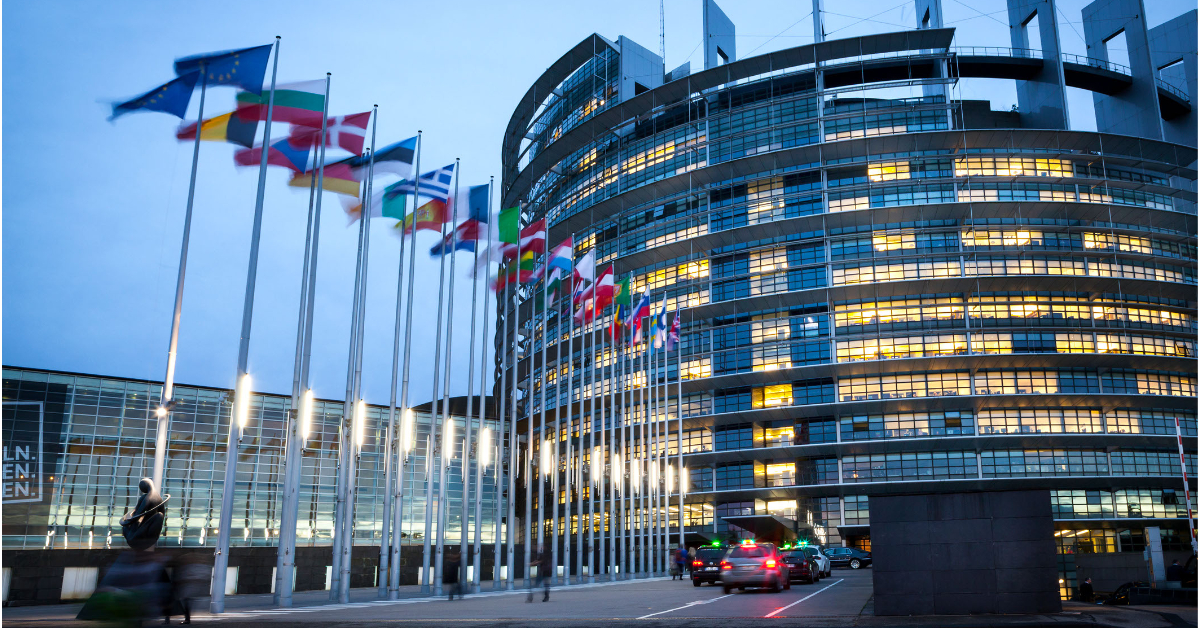 iStock
iStock

